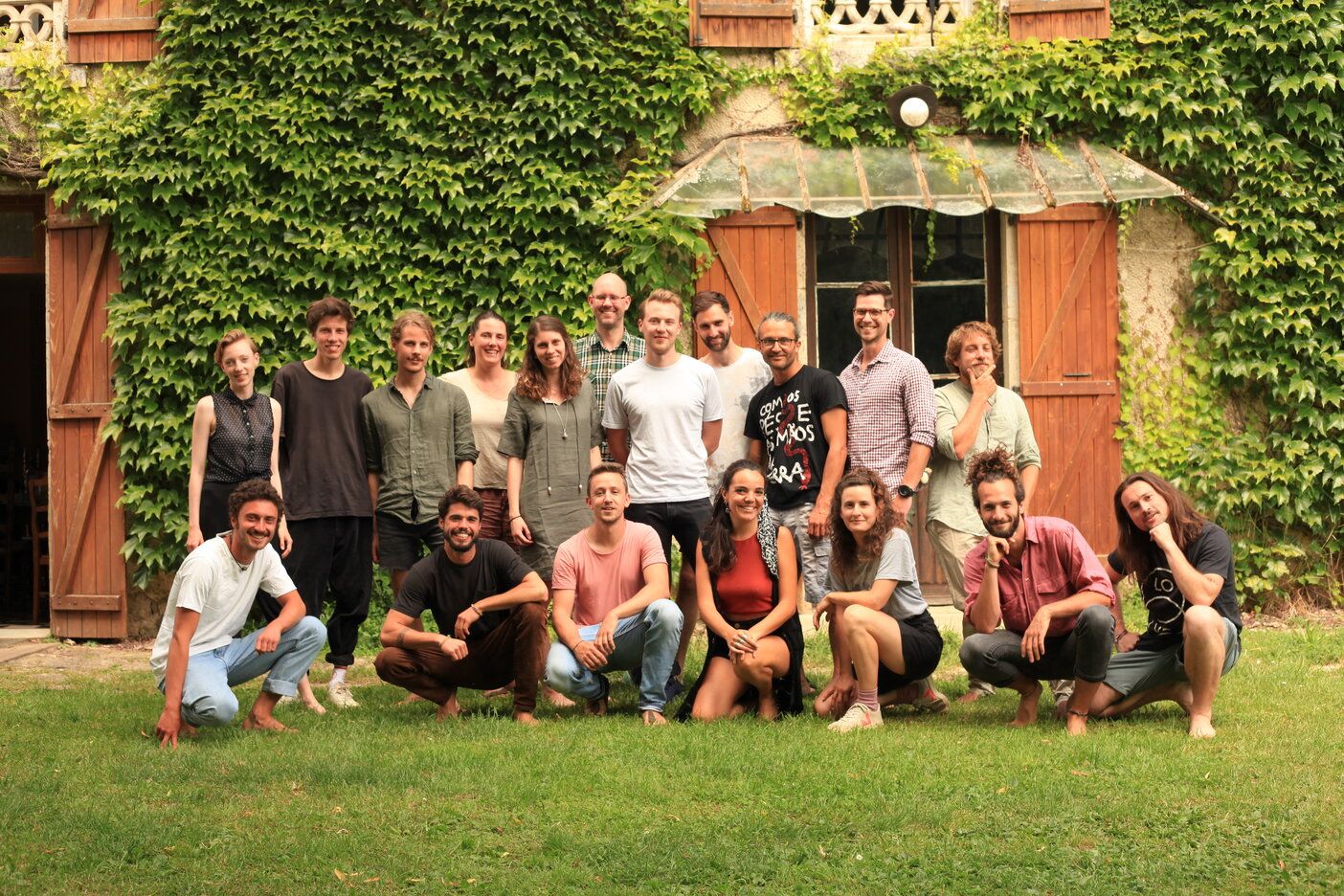Being a farmer is an unusual professional choice for the young generation of today. But for Ivo Degn, farming is one of the most fulfilling activities and holds the key to agricultural sustainability. The soils of the Earth may have immense untapped potential in the fight against climate change, and through Ivo's initiative called Climate Farmers, this 29 year old farmer has been trying to promote carbon farming: A typical method for practicing regenerative farming that sequesters carbon and traps it into the soil, while producing tasty farm-grown vegetables and fruits.
In this interview with Ivo, he takes us through his journey of being frustrated with the blatant disregard towards our environment and finding purpose in farming and contributing to climate action.
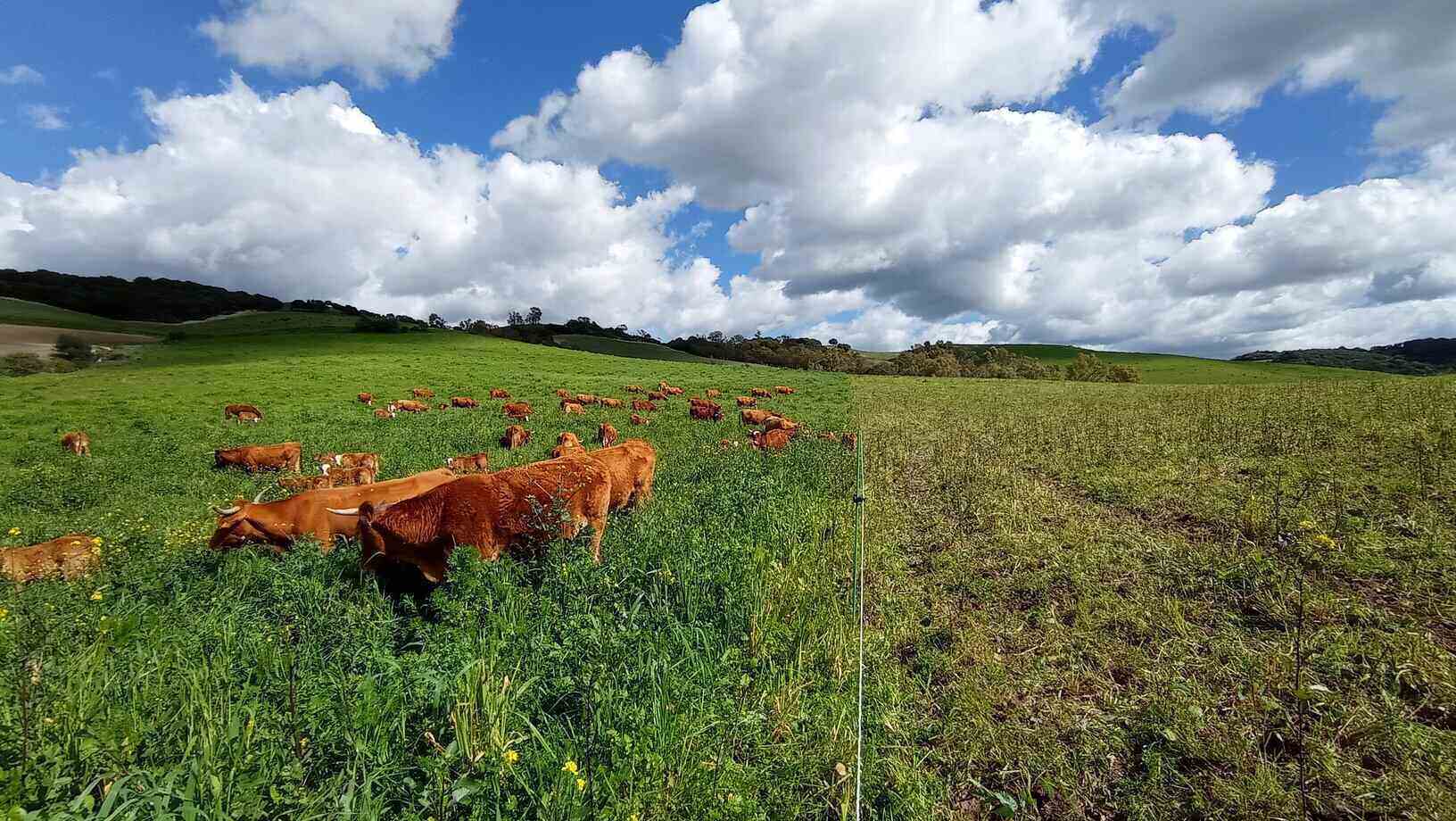
Tell us about your journey so far: what made you choose farming?
I think it chose me, rather than me having chosen it. As someone who has grown up on a farm, I would work in large cities but escape to the countryside whenever I could. After enough years with this back-and-forth, I acknowledged that having my hands in the dirt is an essential part of who I am.
There is a saying that “Once in your life you need a doctor, a lawyer, a policeman and a preacher, but every day, three times a day, you need a farmer.” We forget that everything we have in our society is built on agriculture.
How did the idea of Climate Farmers take shape?
I was frustrated with our societies’ response to climate change. Looking for how to solve the Climate dilemma, I began researching the levers for real change in this area. Agriculture is currently one of the main causes of climate change. But I was surprised to see how many authors agree that agriculture is also a central solution. What many do not know is that agriculture is one of the only sectors which can effectively become climate-positive - that is, store more carbon than it emits!

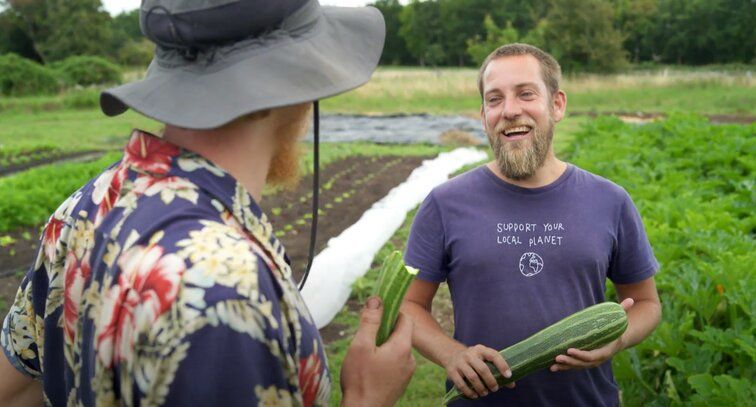
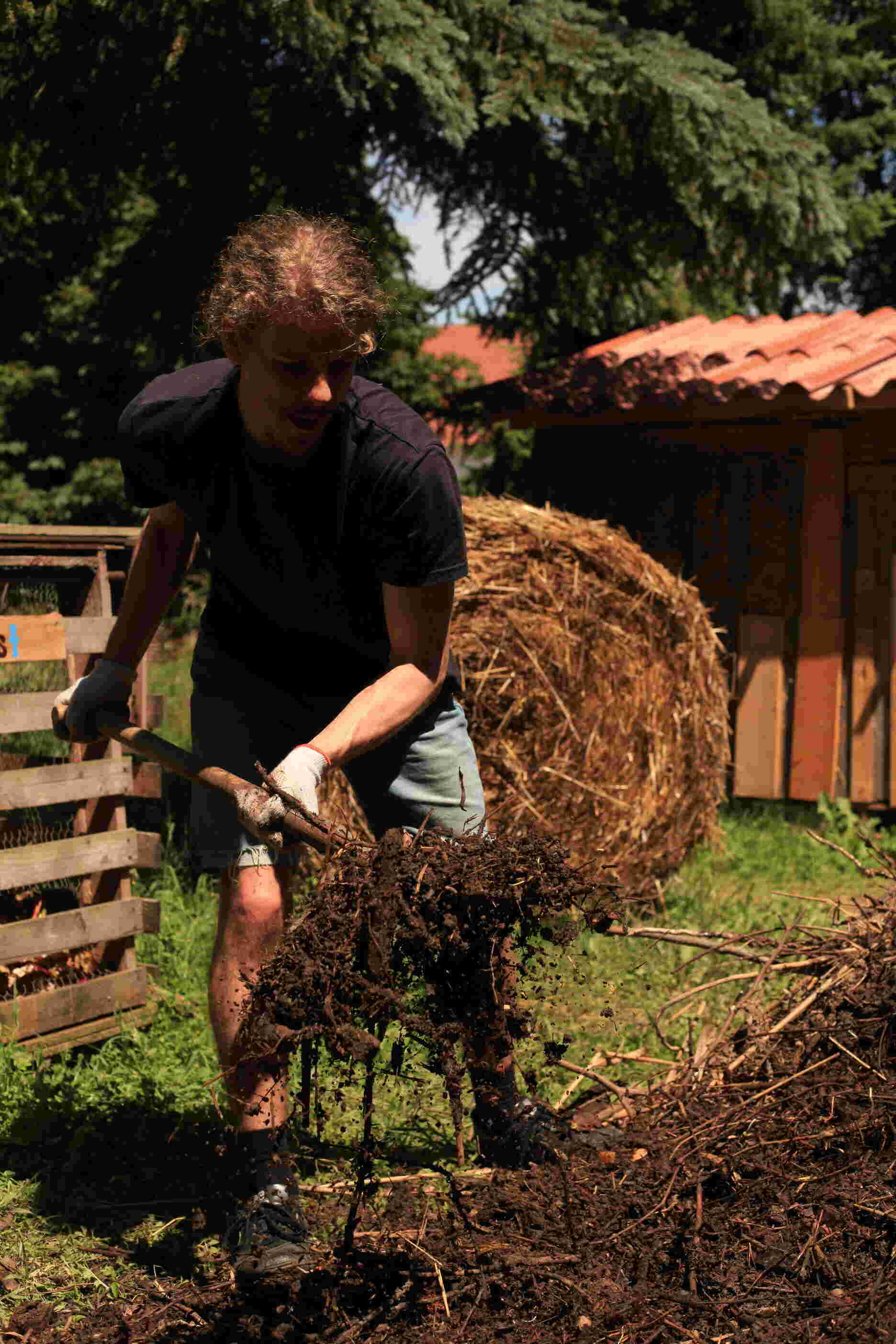
As agriculture covers one third of the global landmass, there is possibility to practice “regenerative agriculture” at scale: By improving the ecosystem while harvesting from it, even on thousands of hectares.
If we scaled regenerative agricultural practices globally, we have the potential to reverse climate change, and Climate Farmers has been founded to answer to this need and develop a real answer to climate change, while being good citizens of planet earth.
Tell us more about the Climate Farmers project: how has the journey been?
When Philippe Birker and I started working on Climate Farmers, we thought the most difficult thing would be to find a team willing to work on this project. In the early stages of a start-up, there is no funding and no clear concept. But within a few months, we found an outstanding team of driven individuals who joined our early vision and built what Climate Farmers is today - a team of 20 people from all over Europe.
What helped us immensely is that the interest for Regenerative Agriculture has grown immensely over the last years and we had the right product vision at the right time.

What challenges remain for the Climate Farmers?
We have really just begun. Our objective is to see 10% of Europe’s farmland under regenerative management within the next years. This is an incredibly ambitious goal, and yet, we believe it might be done.
The challenge is to build consensus on what regenerative agriculture is and how we can assess whether or not regeneration is taking place without any doubt - at scale, from a distance. In that way, we can applaud large corporations acting, while at the same time assessing what impact is really taking place.
Another challenge is that even though the farmers are ready to act, we still need adequate infrastructure to scale regenerative agriculture.
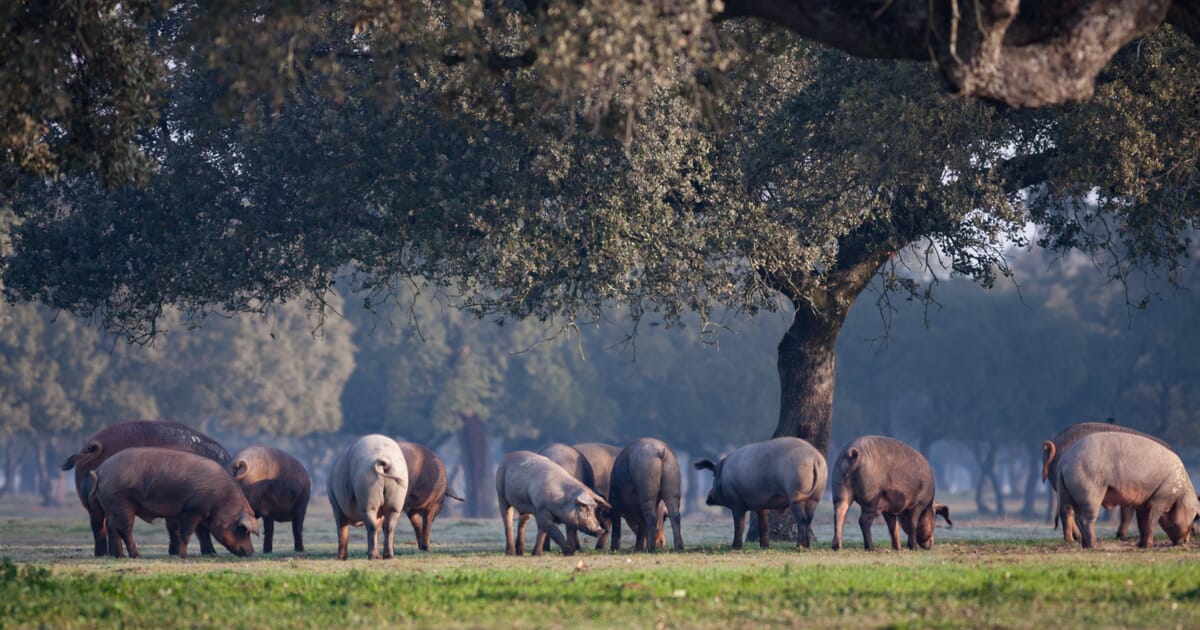
What does the future hold for the Climate Farmers initiative in the next 5 years?
Climate Farmers’ objective is to scale our impact, not the organisation. In 5 years, we hope to have regenerative agriculture established in the European agricultural context in such a way that it has become the norm. In the end the objective must be a mindset-shift from extractive processes of soil management, which reduce our resilience to climate change, to systems which optimise for increased resilience of natural ecosystems as well as for production of high-quality nutrient-dense food. When regenerative agriculture is not called regenerative agriculture anymore, but just agriculture, we have done our work well.
What is your message on sustainability for our readers?
I think it is incredibly important to realise that every time we pay money, we cast a vote. More and more farmers are encouraged to produce high-quality, regenerative products and sell them directly to consumers at a premium price, because they find the demand is rising. This makes a big difference to the farmers, and in return, to the ecosystem. While it may take some effort, doing research on where the food on our plate comes from and selecting locally grown regenerative food items can make a big difference.
Header picture: Giovanna Chavez


